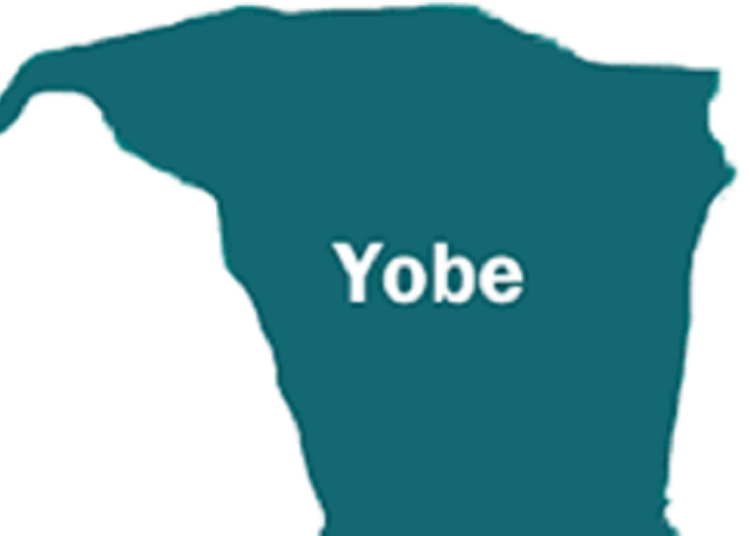The Coalition of Northern Groups Students wing (SW-CNG) Yobe State Chapter, in collaboration with other student leaders, has convened a town hall meeting at Federal University Damaturu, Yobe State, to discuss the Tax Reform Bills and their consequences, particularly on students and announced their rejection of the Bills.
The town hall brought together a cross-section of student unions, policymakers, academics, civil society actors, community leaders, youth groups, and concerned citizens to deliberate on the implications of the proposed tax reform bills. Participants expressed profound concerns over the potential socioeconomic consequences of the reforms, highlighting the heavy burden they may impose on already struggling citizens and businesses in the region.
Coordinator Coalition of Northern Groups, Students Wing, Comrade Adamu Ibrahim Galadima, on behalf of 97 Yobe State based youths and students groups in a statement made available to journalists in Abuja, yesterday, said the Coalition of Northern Groups Students wing, is willing to put a lot of work into making sure that Northern Nigeria’s interests and opinions were taken into consideration.
The students at the town hall called for increased funding for TETFUND, NITDA, and NASENI, saying these agencies are essential for Nigeria’s educational, technological, and industrial advancement. “The town hall demands an immediate halt to any plans to defund or restructure these parastatals. Their funding and mandates should be strengthened to enhance their capacity to address critical challenges, including research, innovation, and capacity building, which are vital for sustainable national development. Additionally, the proposed NELFund must be discontinued as it risks indebting future generations with unsustainable revolving credit schemes,” they said.
They also demanded that the federal government should halt the proposed VAT increases and instead reduce the current VAT rate to 3%, saying this reduction would provide relief to citizens and businesses while encouraging economic activity. They added that alternative revenue-generating strategies must be explored to avoid placing additional financial pressure on ordinary Nigerians.
The town hall meeting participants unanimously rejected the tax reform bills due to its lack of inclusivity and potential negative impact on various regions and sectors. “The reforms must undergo thorough consultation with all regions and key stakeholders, including civil society organizations, educational institutions, and local governments, to ensure a consensus-driven and equitable approach,” they said.
They said these recommendations aim to ensure fairness, transparency, and inclusivity in Nigeria’s economic and governance frameworks, while prioritizing the well-being and interests of all citizens, especially those in Northern Nigeria.




